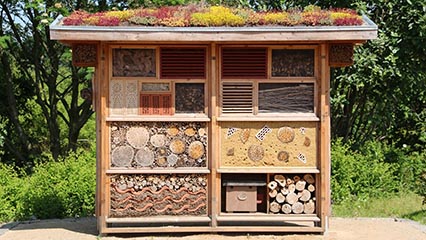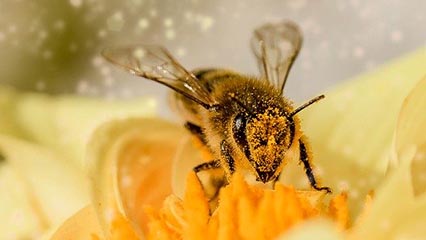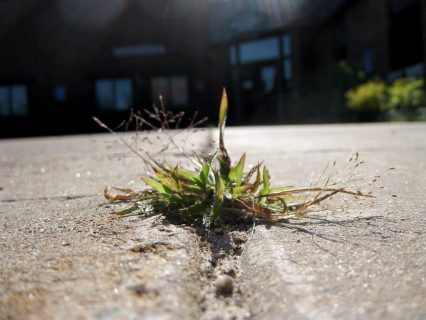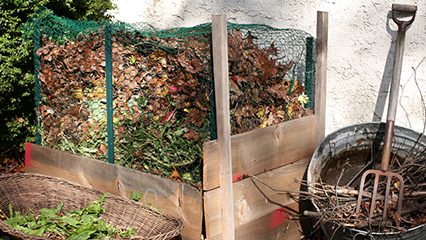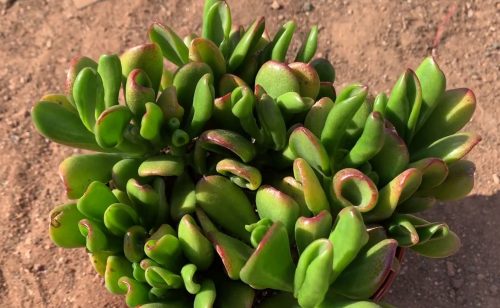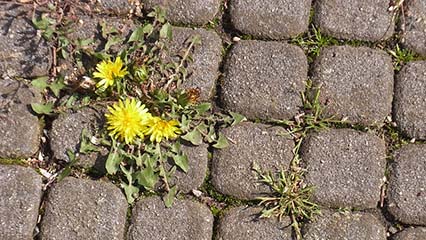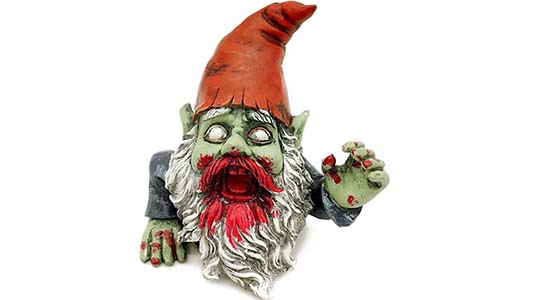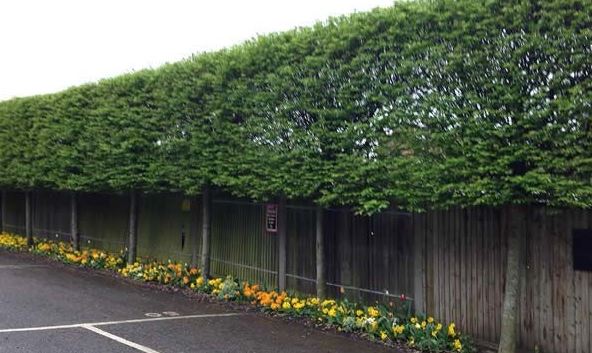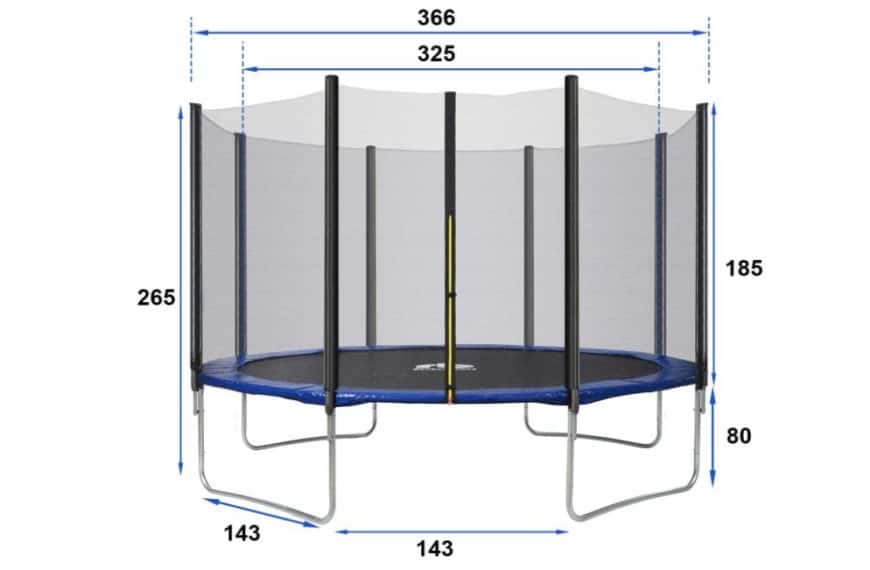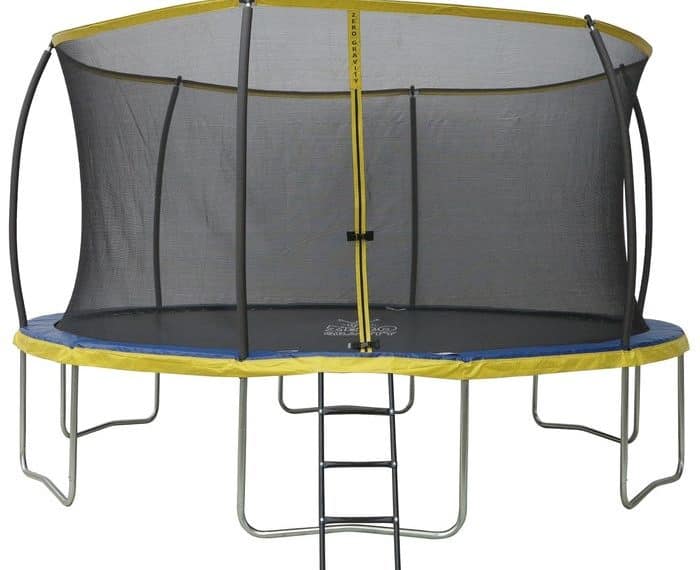Helping you get the best out of gardening, your friendly informative source for all your gardening advice and inspiration.
Gardening Guides
Gardening Guides
We have put together various guides packed
full with information. There are so many different aspects to take into consideration when you start gardening, and we want to address all of them, so you can have the best garden and gardening experience possible.
Plants
There are hundreds and hundreds of plants available to UK gardeners which are suited to our climate. We have created in-depth guides on how to grow and care for these plants. We hope that these guides will inspire and give you the confidence to grow some of these plants.
We have also created in-depth guides for houseplants, showing you how to grow and care for them in the right way.
Plants
Product Reviews
Product Reviews
With thousands of products available to gardeners, from outdoor furniture, tools, planters, BBQ’s, garden gnomes and many many more. We have created our product reviews to help you make the right informed decision when it comes to you buying anything gardening related.
Our Latest Articles
We have been featured on / mentioned on:







